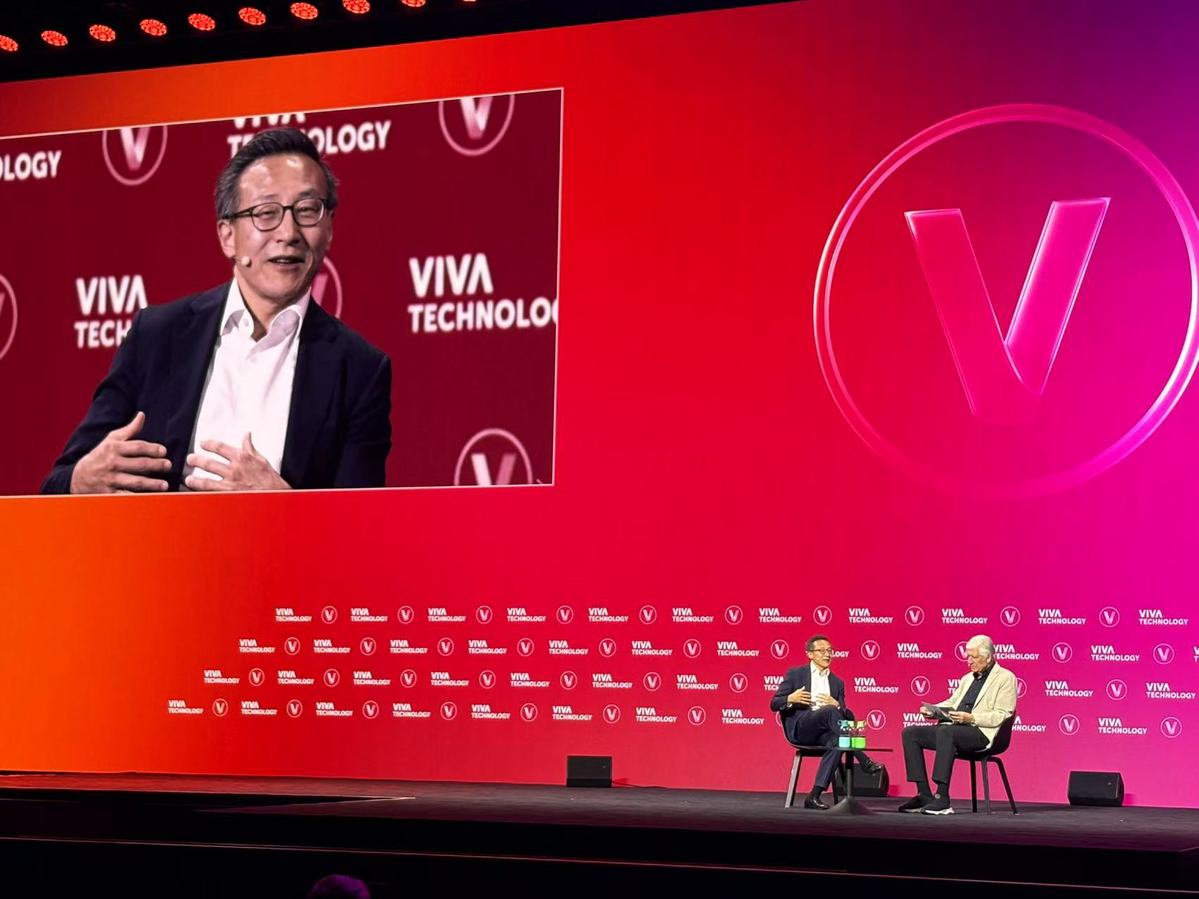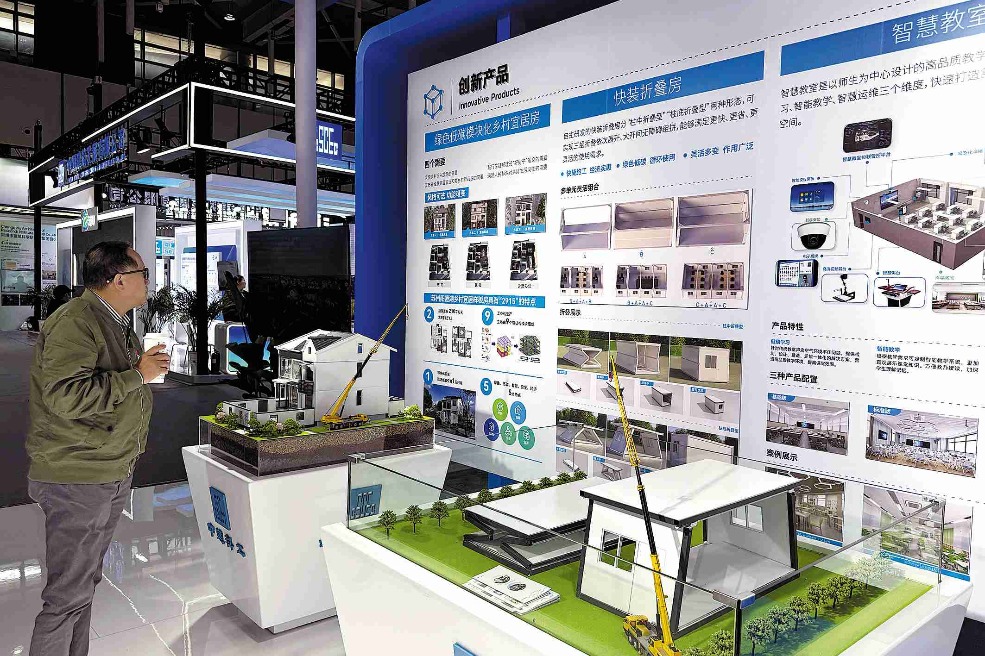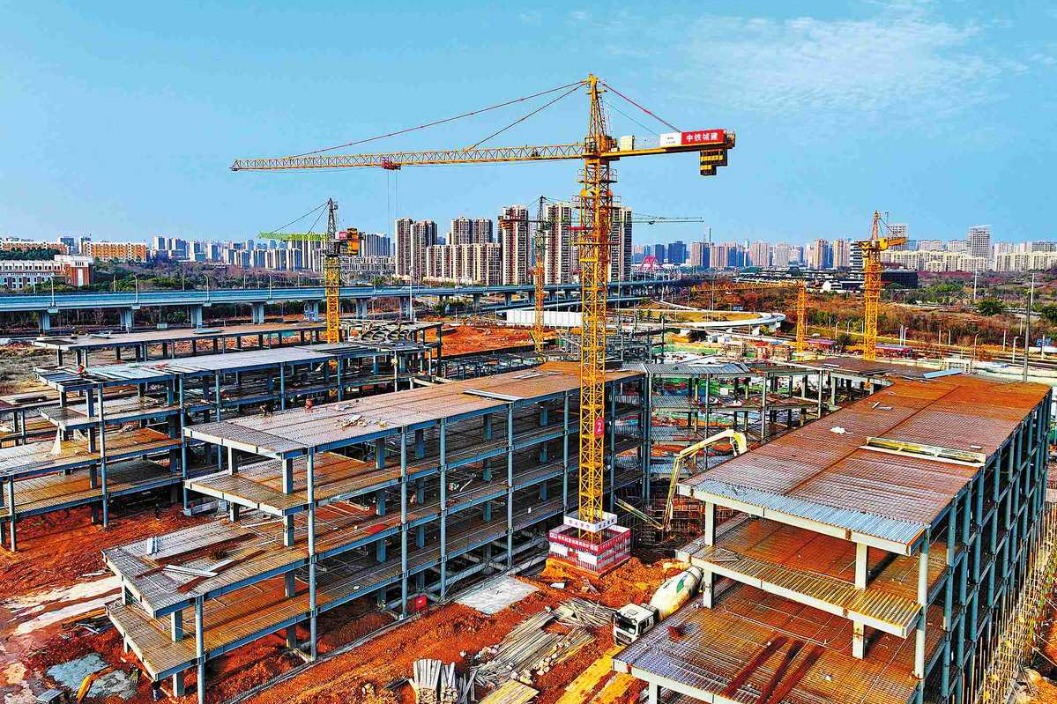China's tech culture driving AI advance, Alibaba chairman says at Paris forum


Joe Tsai, co-founder and chairman of Alibaba Group, believes China's edge in artificial intelligence is rooted not only in technical capability but also in its fast-moving consumer internet sector and the intensity of its engineering culture.
Speaking at VivaTech 2025 in Paris on Wednesday during a wide-ranging conversation with Maurice Levy, emeritus chairman of Publicis Groupe, Tsai pointed to the local internet environment as a key driver.
"When you look at the Chinese market, starting with some of the early internet companies, China has always been very good at adopting and iterating new technology, especially in the consumer internet space," he said.
He noted that China's internet ecosystem, built around platforms like Taobao, WeChat, and Douyin, plays a central role in driving innovation. "You go to China, all the consumer internet apps, it's not Google or YouTube or Facebook or Instagram, it's the Chinese versions of those. And in fact, they're actually better. They provide a better user experience," Tsai said.
According to Tsai, this "application-rich ecosystem" pushes companies to adapt quickly, making it an ideal environment for AI deployment. He also spoke about the internal culture at Chinese tech firms, especially among engineers, who often work with a sense of urgency and national competitiveness.
Earlier this year, Alibaba launched its Qwen series of large language models in response to the release of DeepSeek, a rival model. The timing, just before Chinese New Year, didn't stop the company's engineering teams. "Our engineering leads decided, they said, 'Cancel your Chinese New Year holiday. Everybody. Stay in the company. Sleep in the office. We're going to accelerate our development,'" Tsai said. "So within a few weeks, we launched our version."
Tsai added that Alibaba also open-sourced smaller-parameter versions of its models to contribute to the broader development community.
The conversation shifted to Alibaba's international AI applications, particularly its work with the International Olympic Committee, or IOC. The company has been the IOC's cloud technology provider for the past three Olympic cycles, including the 2024 Paris Olympics.
"One of the areas that we focus on is broadcasting," Tsai said, noting that the Olympics generate tens of thousands of hours of footage. "So what the IOC have done is they centralize the filming of the Games, and they take all that footage, put it onto the cloud." For the Paris Olympics alone, that meant managing around 11,000 hours of video.
"Last Olympics was the first time cloud technology had overtaken satellite broadcasting technology, and that technology is all supported by Alibaba," Tsai said.
Alibaba's AI also played a role in enhancing the viewer experience. "We actually use our AI to make the game presentation more exciting," he said.
The system used AI to generate multi-angle views of action scenes with far fewer cameras than traditional methods. "It's very compute-intensive, but this is very, very light, very efficient," Tsai said.





































